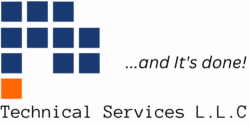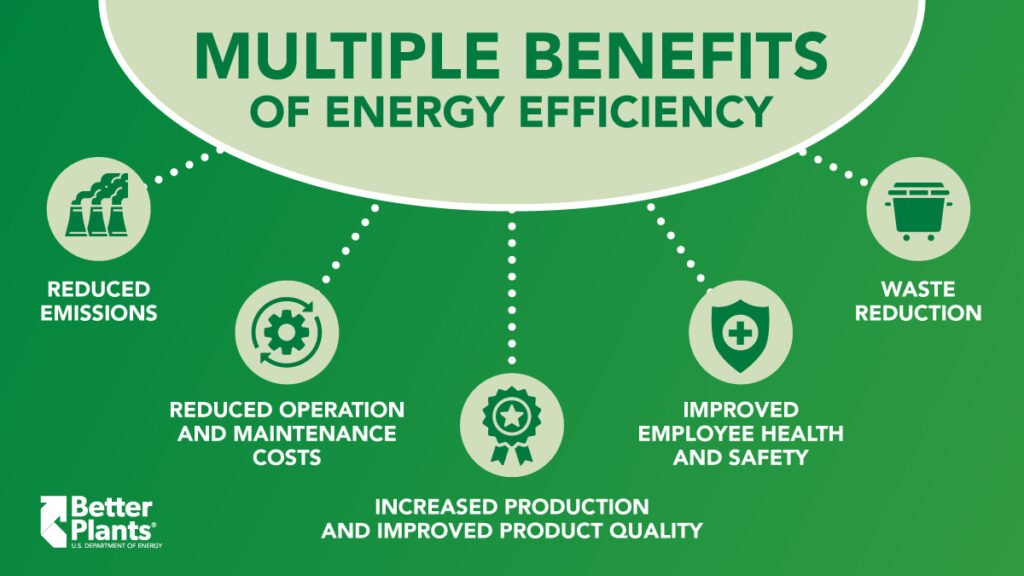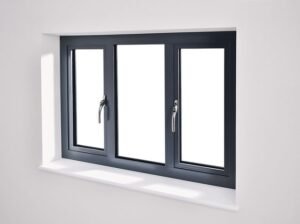Palm Jumeirah, one of Dubai’s most iconic and luxurious locales, is renowned for its opulent villas and high-end living standards. As sustainability and energy efficiency become increasingly important, optimizing Mechanical, Electrical, and Plumbing (MEP) systems in these villas is essential for aligning with global environmental goals and enhancing property value. This article explores how energy efficiency can be achieved through MEP systems in villas situated in Palm Jumeirah and offers practical tips for homeowners and developers.
The Importance of Energy Efficiency in Palm Jumeirah Villas
In Palm Jumeirah, where luxury meets innovation, energy efficiency not only contributes to environmental sustainability but also offers significant financial benefits. With Dubai’s commitment to green building practices and reducing carbon footprints, incorporating energy-efficient MEP systems into villas can lead to:
- Reduced Energy Costs: Efficient MEP systems lower energy consumption, translating to substantial savings on utility bills.
- Increased Property Value: Villas with advanced, energy-efficient systems are highly desirable and can command higher prices in the real estate market.
- Environmental Impact: By reducing energy use, villas contribute to a greener environment, aligning with Dubai’s sustainability goals.
Optimizing MEP Systems for Energy Efficiency
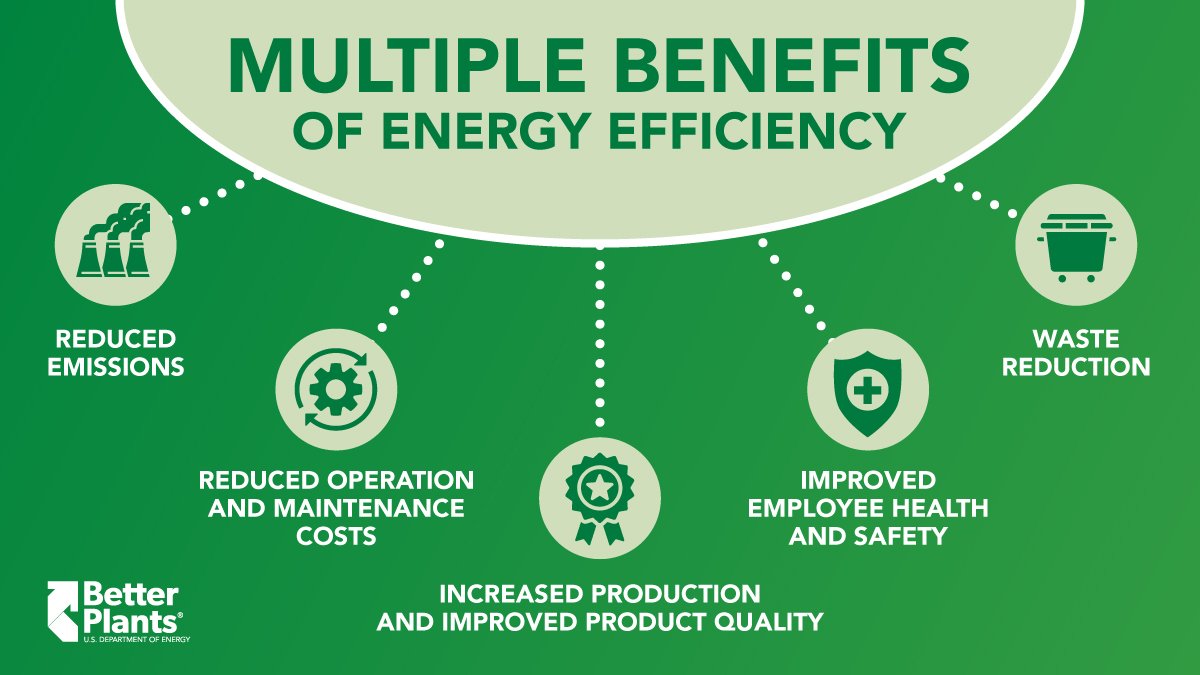
- Efficient HVAC Systems
HVAC systems are significant energy consumers in villas. To enhance efficiency:
- Choose Energy-Efficient Units: Opt for HVAC systems with high Seasonal Energy Efficiency Ratio (SEER) ratings and ENERGY STAR certification. Variable-speed units can adjust output based on demand, reducing energy consumption.
- Regular Maintenance: Schedule annual maintenance to ensure the HVAC system operates efficiently. Clean or replace filters, check refrigerant levels, and inspect ductwork for leaks.
- Smart Thermostats: Install programmable or smart thermostats to optimize heating and cooling schedules based on occupancy patterns, thereby reducing energy waste.
- Advanced Lighting Solutions
Lighting accounts for a significant portion of residential energy use. Optimize lighting by:
- LED Fixtures: Replace traditional incandescent bulbs with LED lighting, which uses up to 80% less energy and lasts longer.
- Automated Controls: Integrate lighting controls such as dimmers, timers, and motion sensors to ensure lights are only on when needed.
- Daylighting: Maximize the use of natural light through strategically placed windows, skylights, and reflective surfaces to reduce reliance on artificial lighting.
- High-Efficiency Electrical Systems
Electrical systems can be optimized for energy efficiency by:
- Smart Home Integration: Implement home automation systems that allow for centralized control of electrical appliances and systems. This includes managing lighting, climate control, and security systems to minimize energy use.
- Energy-Efficient Appliances: Select ENERGY STAR-rated appliances that consume less electricity while performing better.
- Power Strips and Surge Protectors: Use power strips with on/off switches to easily disconnect electronics when not in use, and surge protectors to prevent energy waste.
- Water Conservation and Plumbing Efficiency
Efficient plumbing systems contribute to both water and energy savings. Consider the following:
- Low-Flow Fixtures: Install low-flow faucets, showerheads, and toilets to reduce water consumption without compromising performance.
- Tankless Water Heaters: Opt for tankless (on-demand) water heaters instead of traditional storage heaters, which provide hot water only when needed, reducing energy usage.
- Leak Detection: Implement systems to detect and alert you to leaks, preventing water waste and potential damage.
Best Practices for Implementing Energy-Efficient MEP Systems
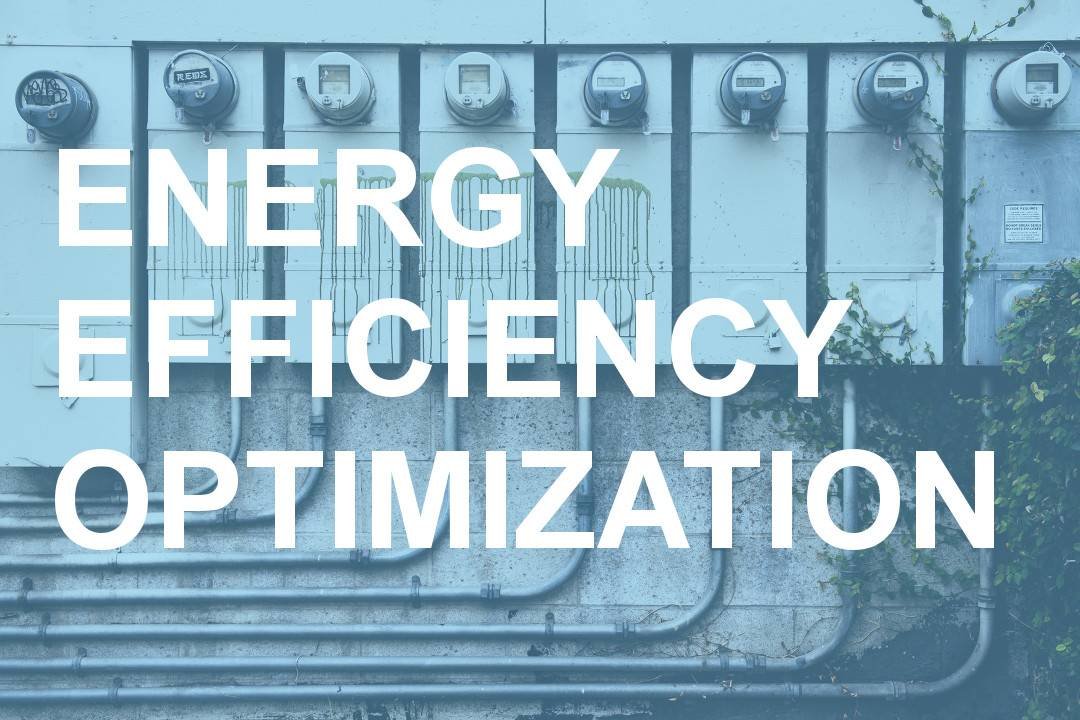
- Integrated Design Approach
Collaboration between architects, engineers, and homeowners is key to optimizing MEP systems. An integrated design approach ensures that all systems work harmoniously to achieve maximum energy efficiency.
- Energy Audits
Conducting an energy audit can identify areas where energy is being wasted and provide recommendations for improvements. Professional audits offer insights into system performance and potential upgrades.
- Use of Sustainable Materials
Incorporate sustainable building materials that complement energy-efficient MEP systems. For example, high-performance insulation can improve HVAC efficiency and reduce energy consumption.
- Ongoing Monitoring and Adjustment
Regularly monitor energy usage and system performance to ensure efficiency is maintained. Use energy management systems to track consumption and make adjustments as needed.
Frequently Asked Questions (FAQs)
1. How can HVAC systems be optimized for energy efficiency in Palm Jumeirah villas?
Choose high-SEER, ENERGY STAR-rated HVAC units, schedule regular maintenance, and use smart thermostats to optimize performance and reduce energy consumption.
2. What are the benefits of using LED lighting in villas?
LED lighting is more energy-efficient than incandescent bulbs, using up to 80% less energy and lasting longer, which leads to cost savings and reduced energy consumption.
3. How can home automation systems improve energy efficiency?
Home automation systems allow for centralized control of lighting, climate, and security systems, reducing energy waste by adjusting settings based on occupancy and usage patterns.
4. Why are low-flow fixtures important for water conservation?
Low-flow fixtures reduce water consumption without sacrificing performance, helping to conserve water and decrease the energy required to heat it.
5. What role does insulation play in energy efficiency?
High-performance insulation enhances HVAC efficiency by reducing heat loss and gain, which can lower energy consumption for heating and cooling.
6. How often should HVAC systems be maintained for optimal efficiency?
HVAC systems should be maintained at least once a year. Regular checks, filter replacements, and inspections are essential for keeping the system running efficiently.
7. What is an energy audit, and how can it benefit my villa?
An energy audit assesses energy use and identifies areas for improvement. It provides recommendations for reducing energy waste and improving system performance.
8. Can I retrofit existing MEP systems to improve energy efficiency?
Yes, retrofitting existing systems with modern, energy-efficient components and technologies can significantly enhance efficiency and reduce energy consumption.
For expert advice and services on optimizing MEP systems for energy efficiency in your Palm Jumeirah villa, contact Austenite Technical Service at +971 56 378 7002. Our team of specialists is dedicated to providing innovative solutions tailored to your needs.
Conclusion
In Palm Jumeirah, where luxury and sustainability converge, optimizing MEP systems for energy efficiency is essential. By adopting advanced technologies and best practices, villa owners and developers can achieve significant cost savings, enhance property value, and contribute to a greener environment. Austenite Technical Service is here to support you in achieving these goals with expert guidance and tailored solutions.

